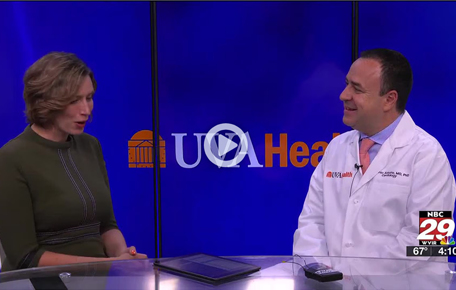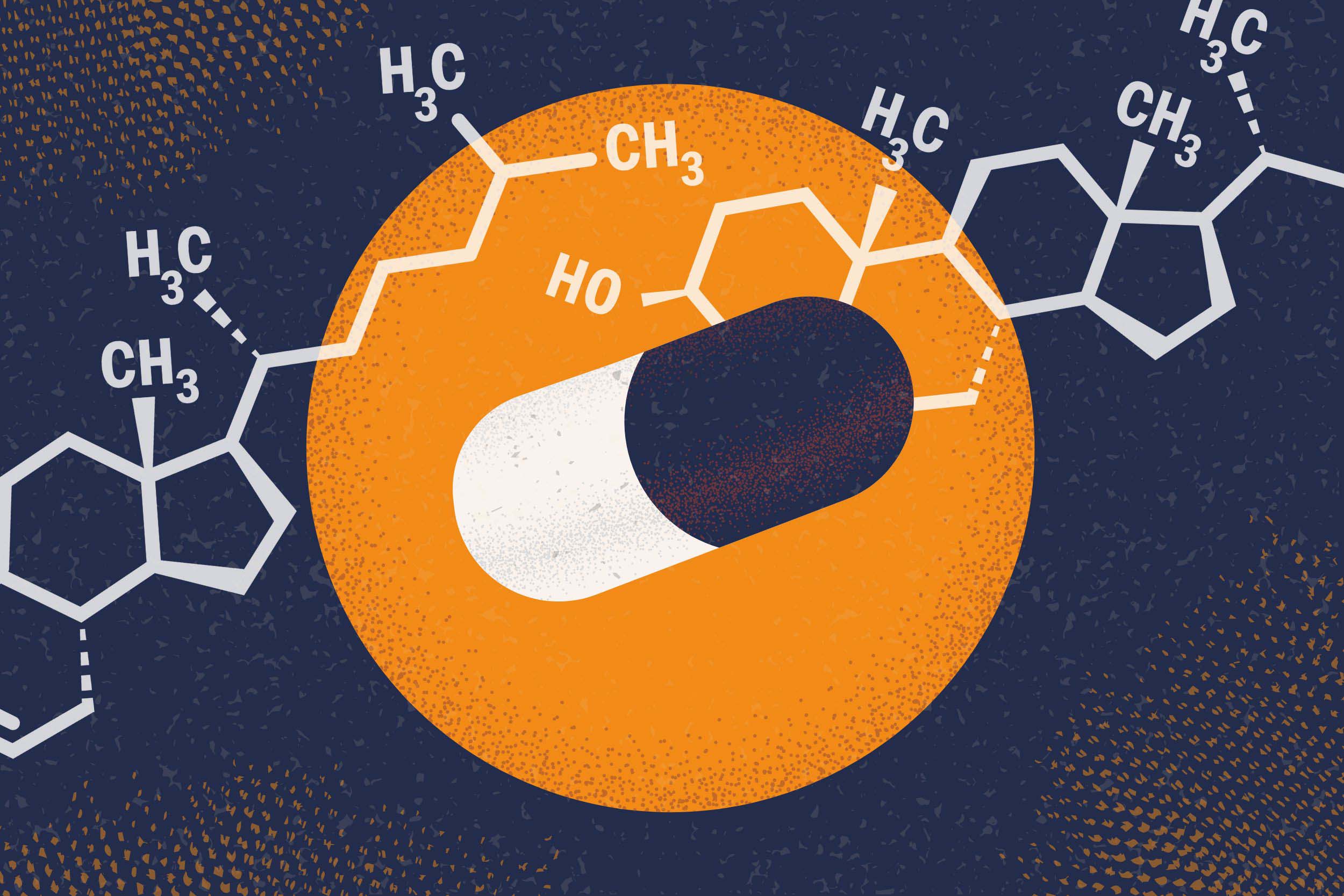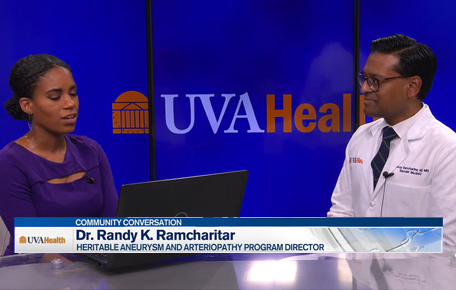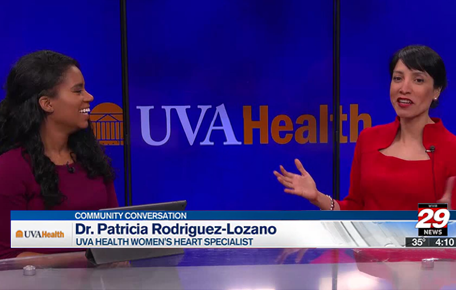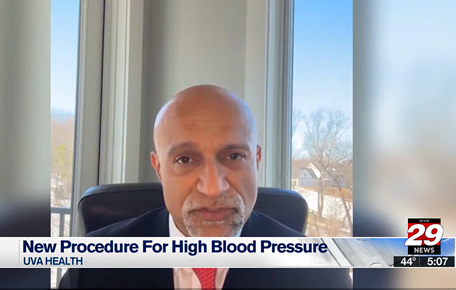Media Archive
 Dr. Patricia Rodriguez-Lozano appears on our weekly NBC29 segment to discuss women’s heart health.
Dr. Patricia Rodriguez-Lozano appears on our weekly NBC29 segment to discuss women’s heart health.
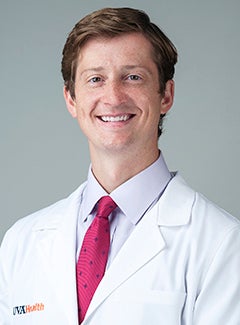 While wearable technology can be useful when trying to achieve fitness goals, it also can warn people of potentially deadly health problems.
While wearable technology can be useful when trying to achieve fitness goals, it also can warn people of potentially deadly health problems.
“What the Apple Watch has gotten really good at in particular is looking at how regular your heart rate is,” said Dr. Michael Ayers with the University of Virginia Health System’s cardiology department. He says modern wearable technology can do a lot more than count your steps. It can detect irregular and potentially dangerous heart rate patterns.
“If your watch tells you you have atrial fibrillation, it turned out it was pretty likely you did indeed have atrial fibrillation,” Ayers said.
WATCH VIDEO
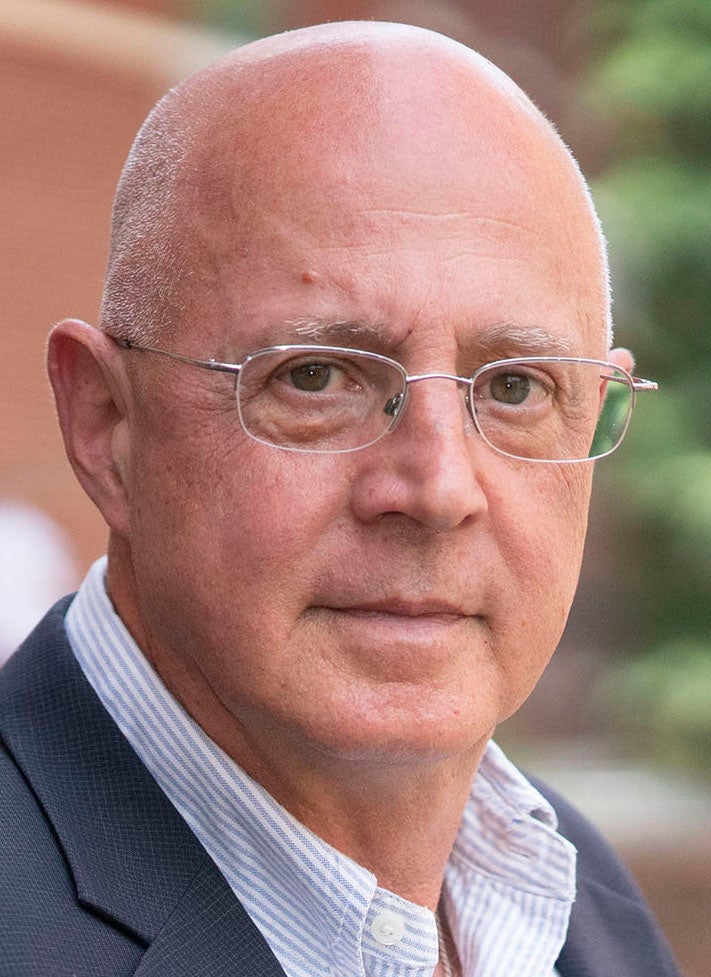 Men who have lost their Y
Men who have lost their Y
chromosome from a significant
number of their immune cells are
more likely to have narrow blood
vessels, a key contributor to heart
disease, according to a study of
more than 30,000 people.
“Loss of Y is killing a lot of men,”
says Kenneth Walsh at the University
of Virginia, who wasn’t involved in
the study. “Men live six years shorter
than females, and an enormous
amount of that mortality is due to
their sex chromosome instability.”
READ MORE
 There are ways to slow your heart
There are ways to slow your heart
rate down in the moment, says Dr.
Pamela Mason, a cardiologist at
UVA Health.
“The biologic pacemaker of the
heart is called the sinus node, and
it has nervous inputs both from
the sympathetic nervous system
and the parasympathetic nervous
system,” Mason, who is the chair of
the American College of Cardiology
Electrophysiology Council, tells
TODAY.com.
READ MORE
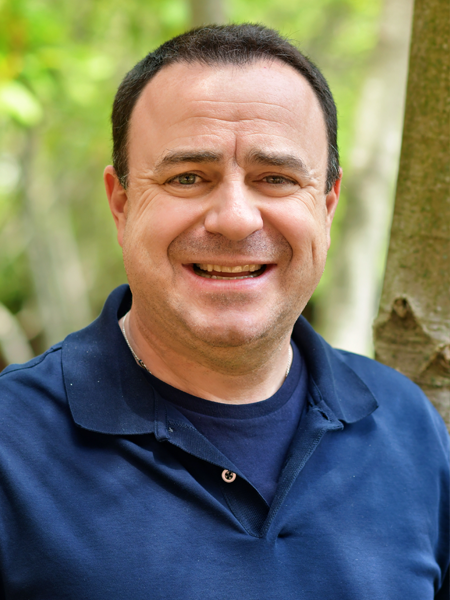 An existing drug for heart failure
An existing drug for heart failure
may help people who experience
heart racing and dizziness when
standing.
Researchers at the University of
Virginia Health System and Virginia
Commonwealth University found
the drug ivabradine appears
to provide relief for Postural
Orthostatic Tachycardia Syndrome,
or POTS. According to a release,
these findings provide insights into
the underlying causes of POTS.
The researchers analyzed
information from 10 patients
with POTS, finding that the drug
reduced their heart racing while
also improving other symptoms
associated with their condition.
The researchers say this shows that
heart racing isn’t just a symptom of
POTS, but it may be a driver of it.
“These data suggest that the
inappropriate increase in heart
rate is exactly why patients feel
sick, and that reducing the heart
rate with a medication that does
not affect blood pressure can
make a difference in the quality
of life,” said Antonio Abbate, MD,
PhD, a cardiologist at UVA Health.
“These results may stimulate more
research in the mechanism and
therapies for POTS. There are,
indeed, several treatments that are
employed in patients with POTS, but
very few, if any, are supported by
well-controlled studies.”
READ MORE
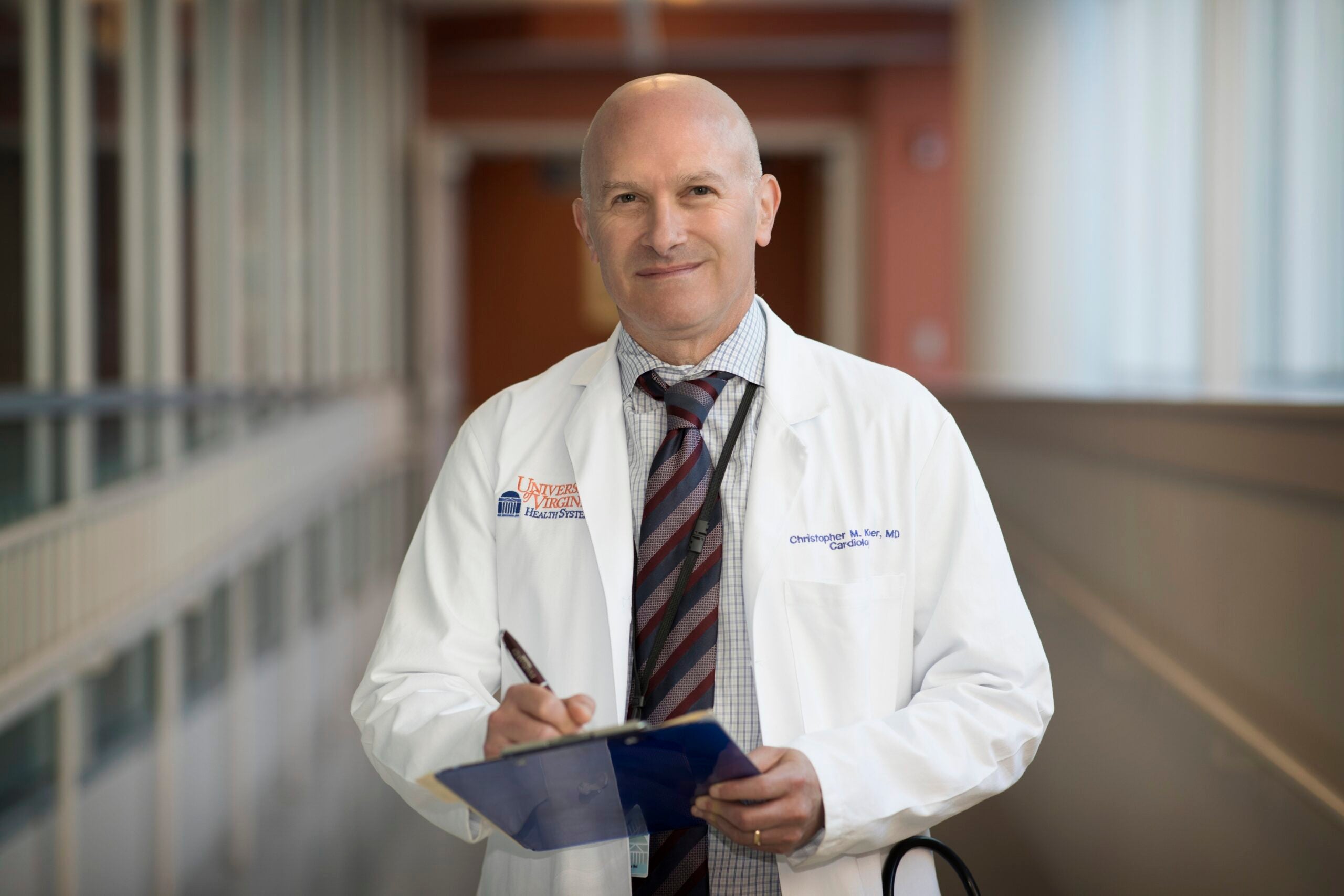
Christopher Kramer, MD
Dr. Christopher Kramer explores how the ACC is working with Chapters global partners to transform cardiovascular care.
“The ACC has been a long-time leader and partner in collective actions to reduce global morbidity and mortality from NDCs. This work cannot be done alone, and we collaborate on policy with the World Heart Federation and the NCD Alliance to amplify shared messaging.”
READ MORE
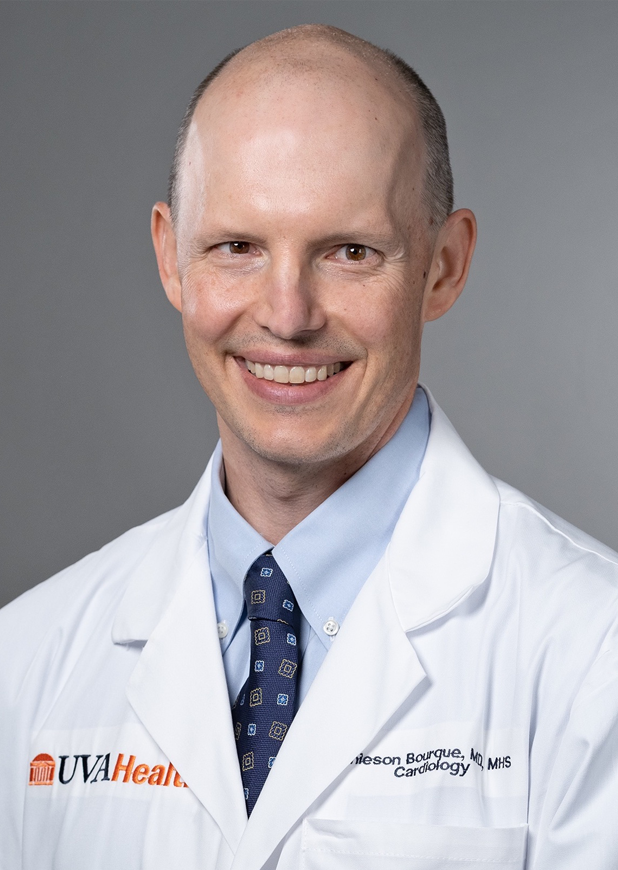 The American Society of Nuclear Cardiology (ASNC) is thanking Taylor Swift for speaking publicly about her father’s successful heart surgery after a nuclear stress test confirmed he had severe coronary artery disease. He underwent a successful quintuple bypass surgery and is now said to be recovering as well as can be. As Taylor explained it, her dad had undergone one “perfect” EKG after another over the years. However, when he underwent a nuclear stress test, his care team identified five separate heart blockages that required treatment. Taylor even noted that her dad has now morphed into bit of an advocate for stress tests, encouraging others to consider getting one.
The American Society of Nuclear Cardiology (ASNC) is thanking Taylor Swift for speaking publicly about her father’s successful heart surgery after a nuclear stress test confirmed he had severe coronary artery disease. He underwent a successful quintuple bypass surgery and is now said to be recovering as well as can be. As Taylor explained it, her dad had undergone one “perfect” EKG after another over the years. However, when he underwent a nuclear stress test, his care team identified five separate heart blockages that required treatment. Taylor even noted that her dad has now morphed into bit of an advocate for stress tests, encouraging others to consider getting one.
“My family and I have been Swifties for a long time,” ASNC President-elect Jamieson M. Bourque, MD, said in a statement. “And I have an enormous respect for Taylor. I appreciate her sharing her father’s patient experience and highlighting the importance of nuclear stress testing in the evaluation of ischemic heart disease. Her unparalleled ability to reach the public means that a lot of people who had never heard of nuclear stress testing now know it can lead to life-saving treatment.”
READ MORE
Antonio Abbate, MD PhD, Division of Cardiovascular Medicine, studies how inflammation impacts heart disease and how to block interleukin-1 so patients feel better.
A new drug in clinical trials is showing promise in lowering a key genetic risk factor for heart attacks and strokes – something no existing treatment has been able to do.
Dr. Christopher Kramer, chief of the Division of Cardiovascular Medicine at UVA Health, moderated the session when the findings were presented last month and shared with UVA Today the key takeaways from the studies.
Renal denervation is a minimally invasive procedure that targets nerve tissues that control blood pressure in the body.
There have been trials on this procedure over the last decade, and FDA approval in 2024 could make it a more common option for treating high blood pressure.
“The types of patients who currently we would say are appropriate for consideration of renal denervation are ones who have a medication-resistant high blood pressure. Namely on two or three or sometimes more medications and despite that unable to maintain adequate blood pressure control,” UVA Health Cardiologist Doctor Kanwar Singh said.

